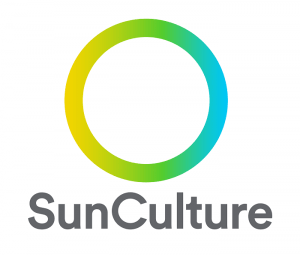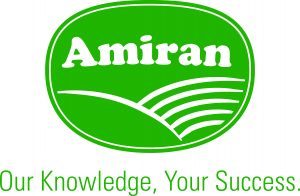Improving farmers’ income levels and energy access
The hypothesis behind CASEE – and behind all the investments made so far – is that an ecosystem approach is needed to stimulate the wider adoption of energy enabled assets for productive use among low-income, rural households. This is based on:
- SF’s experience catalysing the household energy sector, which has demonstrated that while supporting product companies is important, so too is the need to directly support other elements of the ecosystem, such as consumer financing and last mile distribution
- Growing evidence of a strong positive feedback loop between increased incomes and take-up of productive use energy above a certain income threshold[1],[2],[3]
These gives a clear rationale upon which to invest. But we also have increasing evidence that there are two key aspects that are hampering growth:
- The first is that energy for productive use and the myriad benefits it brings appears to remain out of reach for the poorest. Despite our portfolio companies working at the very edge of where commercial models can be effective, we have mounting evidence that the very poorest customers remain out of reach.[4]
- The second is that low income farmers in the geographies in which SF work face a huge range of risks, forcing them to be ‘present-biased’. There is strong evidence that even when low-income farmers understand the potential income increases something can bring in the future, they focus their spending on the most immediate concerns they face. They face so many risks that they are biased toward the most pressing risks, leaving them unable or unwilling to invest in their futures.[5] Two randomised control trials in Ghana, for example, found that providing crop insurance to farmers, mitigating the key concern faced by farmers, enabled farmers to ‘find resources to increase expenditure on their farms’.[6],[7]
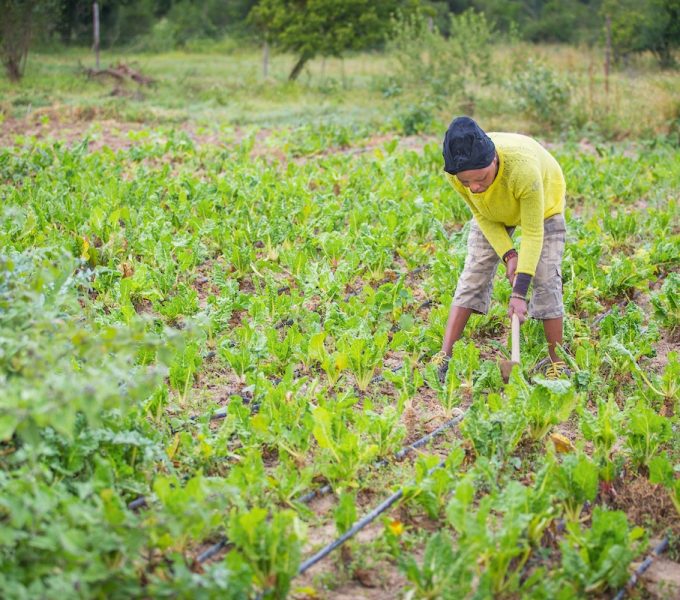
Lady farmer in Africa in field of crops watering plants

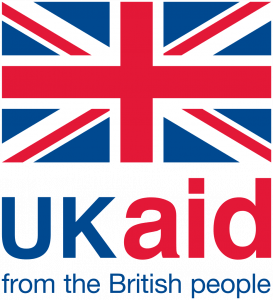
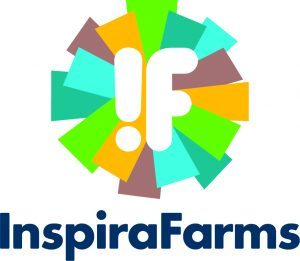 The development issue: Fresh produce industries across East and Southern Africa are limited by the poor supply of
The development issue: Fresh produce industries across East and Southern Africa are limited by the poor supply of 